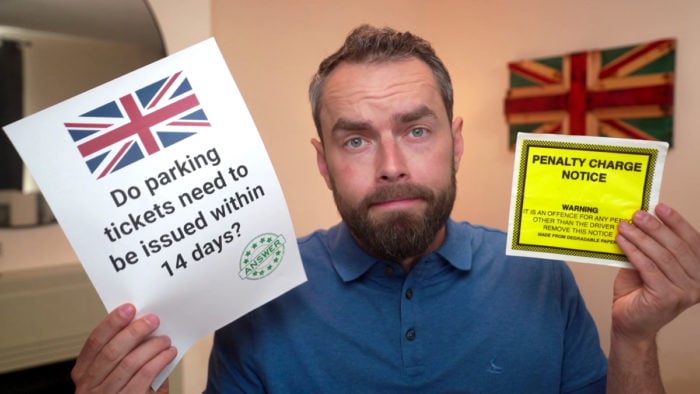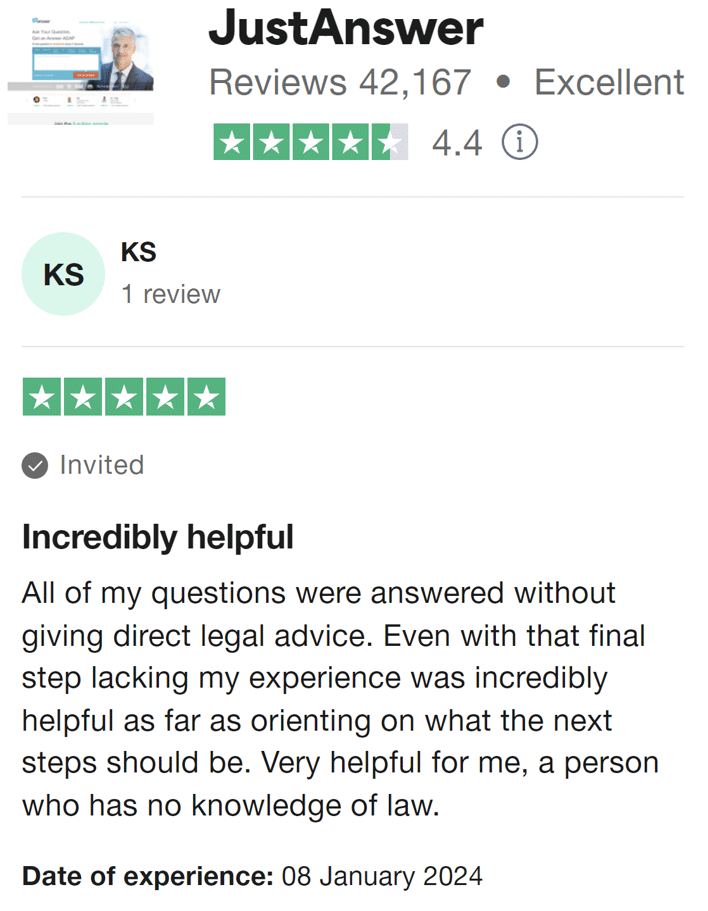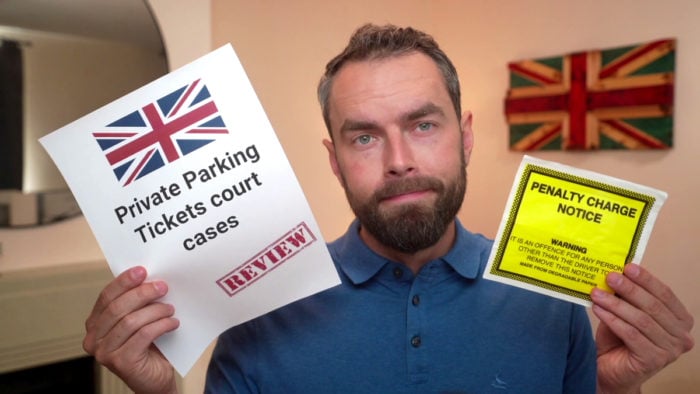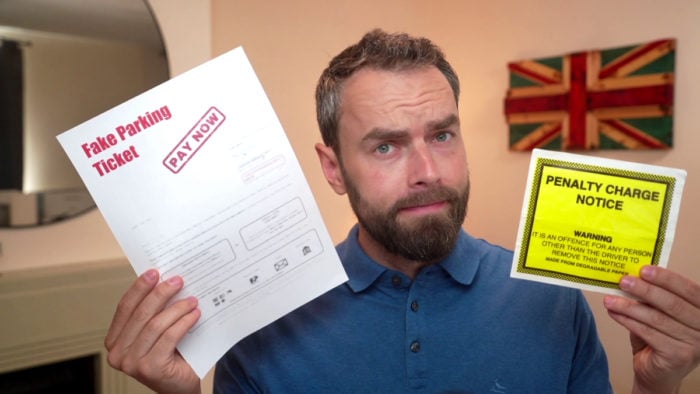Do Parking Tickets have to be Issued Within 14 days?

Have you got a private parking fine and are unsure if you should pay or appeal? This is the right place for you. Every month, over 130,000 people visit our website to learn about fines and parking tickets.
This article will provide simple and clear information on:
- The difference between a Penalty Charge Notice and a private parking ticket.
- Reasons you might get a Penalty Charge Notice.
- Steps to prevent getting a Penalty Charge Notice.
- The effects of not paying a Penalty Charge Notice.
- The process of appealing against a Penalty Charge Notice.
We know how annoying a private parking fine can be, as, believe it or not, over 19,000 parking fines are issued each day in the UK1. But don’t worry, we’re here to help with lots of helpful tips and examples to guide you through the process.
Most Ticket Appeals Succeed
In some circumstances, you might have a legitimate reason not to pay your parking fine.
It’s a bit sneaky, but the last time I needed legal advice, I paid £5 for a trial to chat with an online solicitor called JustAnswer.
Not only did I save £50 on solicitor fees, I also won my case and didn’t have to pay my £271 fine.
Chat below to get started with JustAnswer
*According to Martin Lewis, 56% of people who try to appeal their ticket are successful and get the charge overturned, so it’s well worth a try.
Does a Penalty Charge Notice have to be issued within 14 days?
According to the Road Traffic Act, a PCN should be issued within 28 days of the offence.
In short, if you’re asking, ‘Does a PCN have to be sent within 14 days’? The answer is there is no time limit that councils have to stick to when issuing Penalty Charge Notices. If the council has to request your address from the DVLA to send the PCN and the DVLA is slow to respond, the time limit can be significantly extended.
The council must, at least, request your information from the DVLA within 14 days.
» TAKE ACTION NOW: Get legal support from JustAnswer
Parking charge notice time limit
You should receive a private parking ticket within 28 days to give you a realistic chance to appeal against it.
If the company cannot notify you of the parking breach before you leave the car park and follow this up within two months, the ticket is sent by post. They have 14 days to retrieve your details from the DVLA and send the parking ticket to the registered keeper’s address.
You could have grounds to appeal if the operator failed to follow private car park rules and signage guidelines.
POPLA is working hard to address issues that cause unfair parking fees. Main issues are often with technology and third party ticket issuers2.
Successful Appeal Case Study
Situation
| Initial Fine | £100 |
| Additional Fees | £171 |
| Total Fine | £271 |
The Appeal Process
Scott used JustAnswer, online legal service to enhance his appeal. The trial of this cost him just £5.
| Total Fine | £271 |
| Cost of legal advice | £5 |
JustAnswer helped Scott craft the best appeal possible and he was able to win his case.
Scott’s fine was cancelled and he only paid £5 for the legal help.
In partnership with Just Answer.
How long can you be chased for a parking ticket?
You can be chased for a Penalty Charge Notice for many years. However, an issuing authority will likely chase you for payment much sooner.
You could face court proceedings for an unpaid Penalty Charge Notice which has become a debt.
I was recently featured in The Sun about parking tickets, where I encouraged everyone to check whether the ticket was issued by a member of a trade association. If they aren’t, then they probably can’t get your details from the DVLA to pursue you.
What happens if you don’t pay a Penalty Charge Notice?
The legal consequences of unpaid tickets can be expensive. Your Penalty Charge Notice fine will increase by 50% if you do not pay within 28 days.
The matter is referred to the Traffic Enforcement Centre (TEC).
You’ll be sent a ‘charge certificate’, which gives you 14 days to pay. If your parking ticket was £80, it would be £120 with the increase. If you do not pay your increased fine within the additional 14 days, the issuing authority could get a court order that forces you to pay.
And if you ignore the order, they could try to recover payment using enforcement officers, more commonly known as bailiffs.
When they use bailiffs, you will have to pay their fees, which can be expensive. That said, they’ll try to recover the money before visiting you are your home.
If you don’t pay, they can seize some of your possessions to clear the debt.
Join thousands of others who got legal help for a £5 trial
Getting the support of a Solicitor can take a huge weight off your mind.
Reviews shown are for JustAnswer.
What happens if you don’t pay a private parking ticket?
You’ll be chased for the debt if you don’t pay a parking ticket.
The issuing company could get a County Court Judgment (CCJ) against you, which makes you legally responsible for paying. Ignoring a CCJ can result in enforcement action, not limited to a charging order on your property or using bailiffs (enforcement agents).
You have 31 days to settle the CCJ or it remains on your credit history for 6 years.
You would have trouble getting credit for that amount of time.
Hire a Parking Solicitor for less than a coffee.
If you’re thinking about appealing your parking ticket then getting some professional advice is a good idea.
Getting the support of a Solicitor can make your appeal much more likely to win.
For a £5 trial, Solicitors from JustAnswer can look at your case and help you create an airtight appeal.
Try it below
In partnership with Just Answer.
Can you appeal against a PCN?
You must appeal against a PCN within 28 days of receiving it. You have to make an informal appeal if the PCN was left on your vehicle or handed to you in the street.
But if the informal appeal is rejected, you can make a formal appeal known as a representation.
A representation is a letter describing why you believe the PCN should be cancelled.
You might argue that:
- You were legally parked
- The payment machine was broken
You’ll need to back up these claims with evidence, such as:
- Statements from other people
- Photos
You can appeal to an independent tribunal if the council rejects your representation.
The tribunal you have to use depends on your location as there are different tribunals for people living in:
- England and Wales (outside of London)
- England and Wales (inside of London)
- Scotland
- Northern Ireland
To make the appealing process a bit clearer, here’s a quick table summarizing the key aspects and the different stages you’ll go through.
| Process: | Steps you should take: |
|---|---|
| When you receive the ticket… | You should gather as much evidence as you can to support your appeal claim and prove that the ticket was unfairly issued. |
| If you were given the ticket in person/attached to your car… | You must make an informal appeal (sent to the local authority/council that issued the PCN) within 14 days. This should be a letter with the evidence proving why the ticket was incorrectly given. |
| If it was posted to you… | You will be given 21 days to submit an informal appeal (from the day you received the letter). Your informal appeal should be a letter with the evidence proving why the ticket was incorrectly given. |
| If the informal appeal is rejected… | You will receive a Notice to Owner and will have 28 days to respond to this with a formal appeal. You can conduct the formal appeal online or via paper form. The Traffic Penalty Tribunal can send you one of these forms. |
| If the formal appeal is rejected… | You will receive a Notice of Rejection. From here, you are free to challenge the council’s verdict at an independent tribunal. |
| If the independent tribunal disagrees with your appeal… | You should pay the ticket within 28 days of the tribunal rejecting your appeal. If you don’t, the fine will be increased by 50%. If you don’t have the money to pay the fine, you should contact Citizens Advice or another debt charity. |



